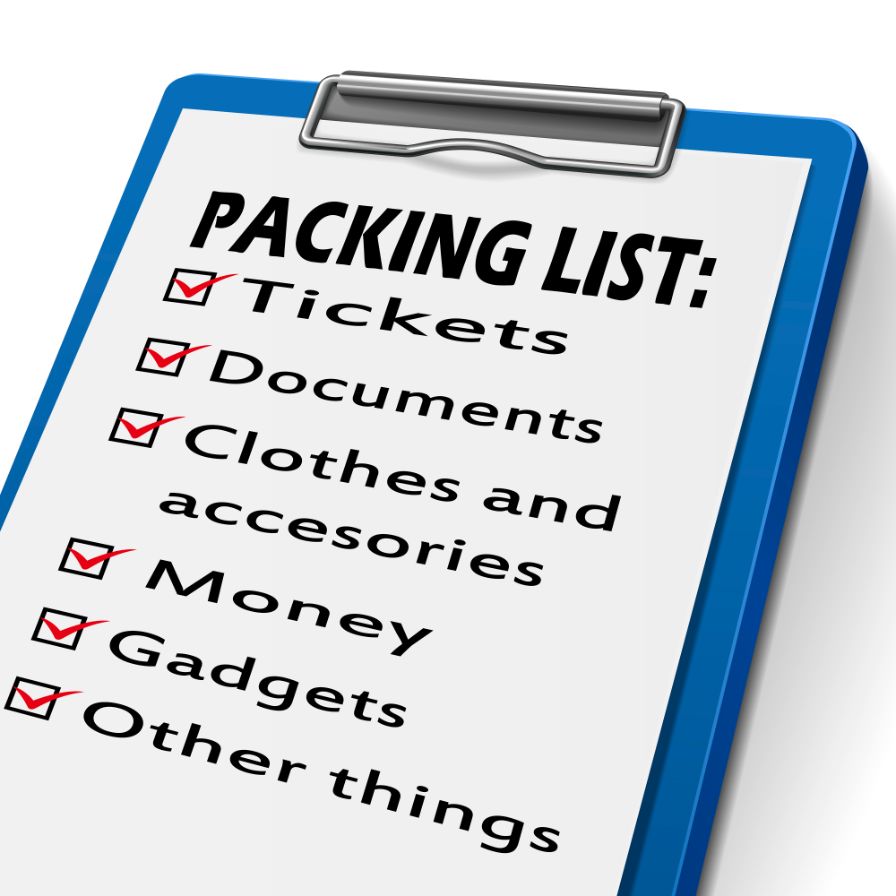Money
The official currency is the Israeli Shekel but many vendors do accept US Dollars. If you plan on using your bankcard or credit cards while you are visiting Israel you will need to contact your bank and credit companies ahead of time to give them your travel dates.
Water bottles are available for purchase on the tour busses for $1.00.
Weather
Spring (March-May)
Temperatures: Daytime temperatures are pleasant, around 60-70F (15-25C) degrees in most of the country. It is still hot around the Red Sea and Dead Sea. Jerusalem will be in the 40-50F (5-10C) in the evening. Showers are possible. Temperatures rise during the days but the evenings are still cool.
Summer (Late May-Early September)
Temperatures: Daytime temperatures are usually between 80-90F (27-32C). Many areas are humid but Jerusalem is dryer and cooler. Massada and Eilat can reach temperatures above 110F (43C) but it’s a dry heat. Rain is unlikely.
Fall (Late September-November)
Temperatures: Daytime fall temperatures are very similar to the daytime spring temperatures. It is not unusual for the temperature to be warm one day and cool the next. Rain is possible.
Winter (December-February)
Temperatures: The winter temperatures in Israel fluctuate. Some winters are mild and sunny, while some are severe and overcast. There is often heavy rain. In January and February it may snow in parts of the country. Temperatures range in the 40-50F (10-15C) in most places, but in the 40’sF (5C) in Jerusalem and Galilee hills where it can be very cold at night.
Shabbat
Shabbat is the Jewish day of rest which officially starts a few minutes before sundown on Friday and lasts until sunset on Saturday. If your visit falls on a Friday-Saturday it is important to remember that many shops, restaurants, and markets are closed and public transportation does not run. The hotels will continue to offer their buffet dinner and breakfast to guests.
Safety and Security
Is it safe to travel to Israel? Absolutely yes! Life in Israel is, overall, safe and peaceful. Visitors should exercise the same natural and normal levels of caution and awareness that they would when visiting any foreign country and it is always a good idea to check with your local government travel advisory prior to travel. Follow the same safety protocols you would in the United States. Keep an eye on your cell phone and wallet when you are walking in crowds and exchange money at the airport or at a change location.
Food
Israeli cuisine is a delicious Mediterranean melting pot from many different and diverse cultures. Jews from all over Eastern Europe and Russia began to immigrate to Israel at the end of the 19th century, brining their food cultures with them. There is also a strong North African influence from Morocco, Libya, Tunisia and Algeria and traditional Middle Eastern offerings.
Transportation
Transportation to and from the airport and to all of our tour destinations will be by chartered bus.
Emergency Numbers
Police- 100
Ambulance- 101
Fire- 102


